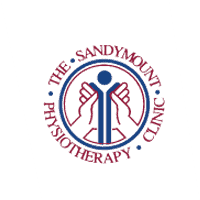Occupational Injury
Back and Neck Injuries. Poor sitting posture at your desk leads to strain on the ligaments and muscles of the neck and lower back and can cause local muscle pain, or pain extending into the shoulders and even the arms. Back and neck injury at work can also occur from lifting incorrectly and even in these cases, poor posture is frequently a contributory factor in the injury.
Repetitive Strain Injury(RSI): Certain occupations require prolonged repetition of small movements. Using the key board or mouse of a computer can fall into this category. Work positions to facilitate optimal muscle and joint function will reduce the risk of developing injury. Breaks from the repetitive activity combined with stretching exercises are essential to vary the stresses on the tissues and allow them to rest and recover. Poor neck and back posture can combine with a poor work position to exacerbate the stress of the activity and increase the risk of injury.
In all cases of occupational back, neck and arm pain and in cases of RSI, physiotherapy can help. Manual therapy helps to ease movement restrictions, relax muscles and facilitate normal movement. Mobility, strengthening and postural exercises help restore good movement and optimal posture and improve core control. Advice about improving your work and your leisure posture, whether it’s when driving, playing computer games, using a smart phone or watching tv, is a very important element in helping you prevent and/or manage problems.
Rehabilitation: After absence from work due to injury, a period of specific strenghtening and core stability exercises is essential to prepare you to return to work and resume your tasks without risk of recurrence. Ergonomic and manual handling advice are important elements in getting you back to work with minimal risk of re-injury.


